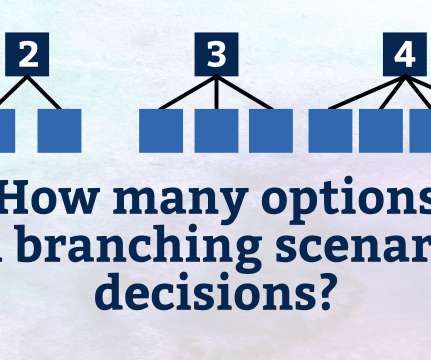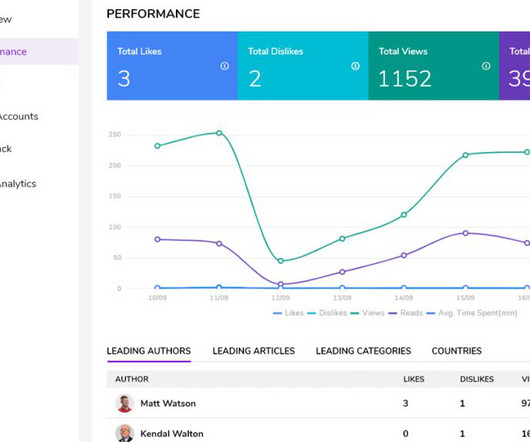Make Learning An Experience. Blend It! | Social Learning Blog
Dashe & Thomson
MARCH 6, 2011
by Michael on March 7, 2011 in blended learning If you still believe that “classroom learning is the best learning” for your training and learning programs, I have some news for you. Even if it’s short, take the time to conduct a needs analysis and find the true needs of your learners. Don’t Throw Out the Baby with the Books.












































Let's personalize your content